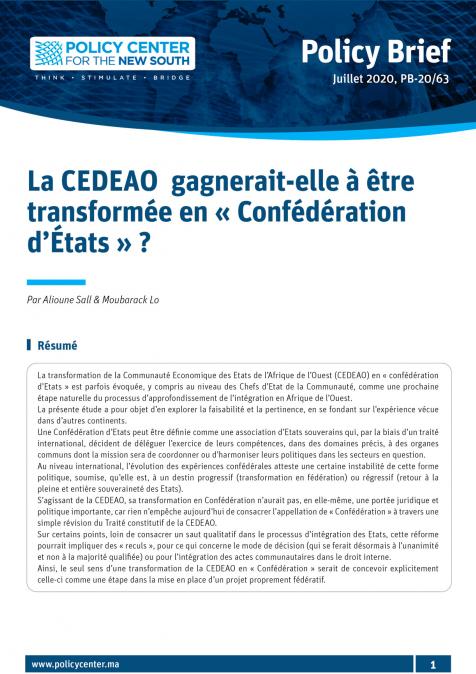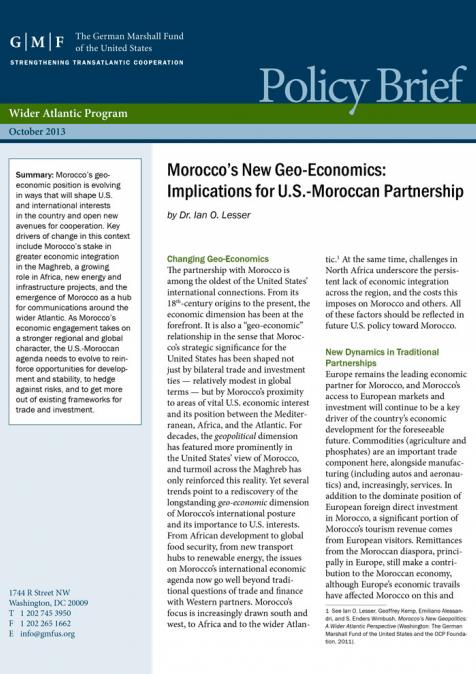Publications /
Policy Paper
The traditional model of Official Development Assistance (ODA) has not only entrenched financial dependence but also served as a tool for geopolitical influence, often prioritizing donor interests over genuine economic self-sufficiency in developing nations. The 2015 Sustainable Development Goals (SDGs) envisioned a shift towards private investment, but this strategy has largely failed. Capital flight, rising debt burdens, and systemic financial asymmetries have ensured that investment flows remain skewed towards middle-income markets, leaving the most vulnerable economies exposed. Initiatives like Billions to Trillions have been more rhetorical than transformative, as private capital remains risk-averse in politically unstable regions.
Meanwhile, donor priorities are shifting under growing geopolitical pressures. In Europe and beyond, aid budgets are increasingly diverted toward defense and security, reflecting the hard power calculations of a more fractured international order. The illusion of a cooperative global financial architecture is giving way to a multipolar reality where economic sovereignty, not concessional aid, will determine long-term development trajectories.
As the Fourth International Conference on Financing for Development (FFD-4) approaches in 2025, the global financial system must abandon the outdated ODA paradigm and embrace an investment-driven model aligned with national interests. This means reforming multilateral institutions to serve recipient nations’ strategic autonomy rather than perpetuating dependency, strengthening regional financial frameworks to reduce reliance on Western-controlled mechanisms, and prioritizing economic resilience over donor-imposed conditions. In a world increasingly defined by power politics, development finance must adapt—not as a tool of benevolence, but as an instrument of strategic self-sufficiency.




